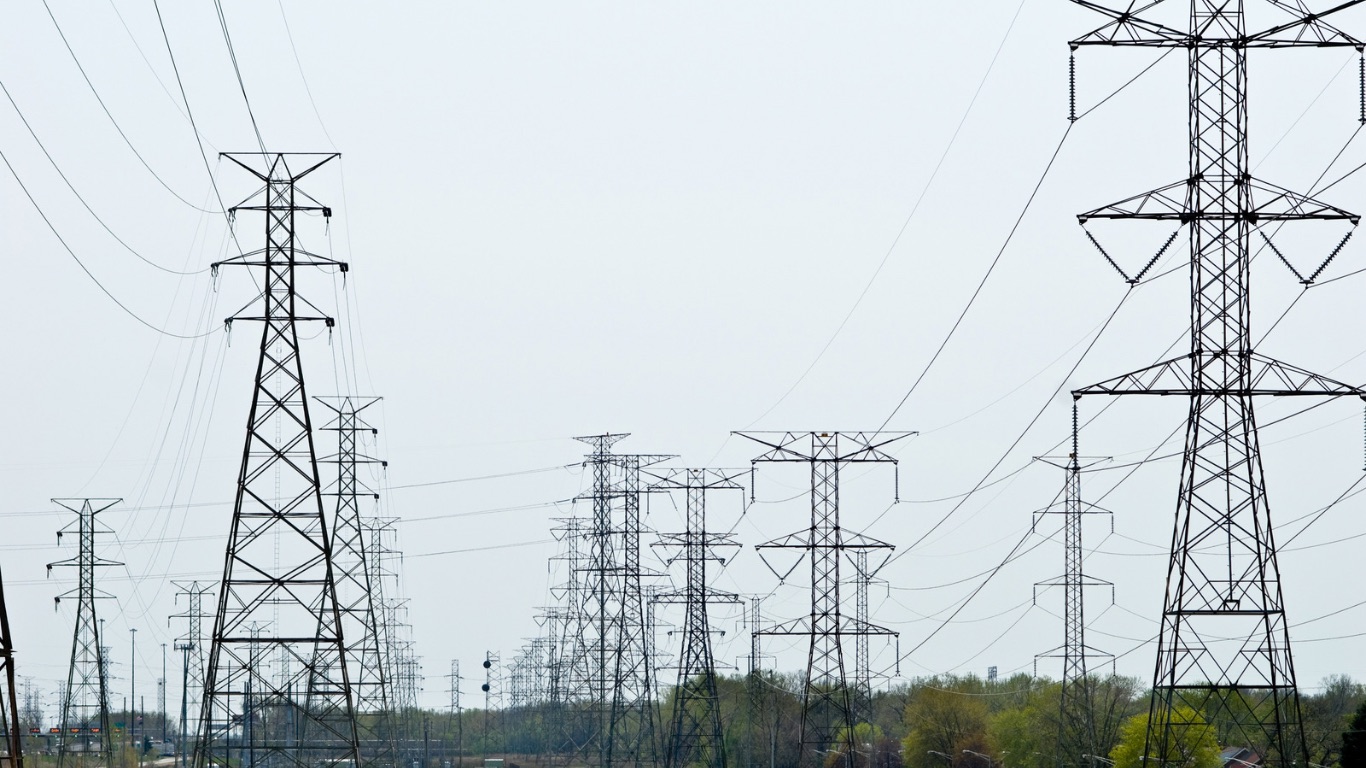
WHY DOES THE PRICE OF ELECTRICITY IN TAJIKISTAN INCREASE EVERY YEAR?
Undoubtedly, starting from autumn and throughout the winter, most districts and villages in Tajikistan face electricity shortages.
Despite this, the question arises in society: why does the price of electricity in the country increase every year? This article aims to provide an answer to this pressing question.
This question is particularly relevant given that in recent years, several small and medium-sized power plants, such as “Sangtuda-1,” “Sangtuda-2,” and one section of the large “Rogun” hydropower plant, have been commissioned in Tajikistan. The President of Tajikistan promised the people that if we build and commission these three power plants with the help and cooperation of Iran and Russia, Tajikistan would achieve energy independence, and villages would be supplied with electricity throughout the year. Twenty-five years have passed since then, but to this day, some districts and hundreds of villages, from autumn to the end of winter or early spring, do not receive full electricity. Moreover, the price of electricity in Tajikistan increases every year.
The main reason for the rise in electricity prices lies in a contract signed several years ago between Tajikistan and the World Bank. According to this contract, Tajikistan is obliged to increase electricity prices annually. In exchange, Tajikistan receives funds from the World Bank to replace equipment and devices for transmitting electricity to consumers and to repay part of its debt to the World Bank.
With the signing of this contract, Tajikistan, like a fish on a hook, fell into the hands of the World Bank. In the last 50 years, the World Bank has not provided selfless financial assistance to any country, and Tajikistan is no exception. Let’s not forget that the goal of any bank is to make a profit, whether it’s a small bank or the World Bank.
As a result, Tajikistan has no choice but to fulfill the terms of this contract. Therefore, even if Tajikistan builds a thousand other power plants, the price of electricity will not decrease because the World Bank will not allow it. The only way out of this situation is to fully repay the debt to the World Bank and withdraw from this contract. But does Tajikistan have the necessary moral and political potential to do so?
Tajikistan is a country that receives financial assistance from the United States to pay monthly pensions to its retirees. Previously, before Trump became president, the United States provided $52 million in aid to Tajikistan. Trump reduced this aid to $38 million. Now, in the shadow of the events in Ukraine, Tajikistan has fallen out of Joe Biden’s radar, even though Tajik authorities were interested in the victory of the Democrats in the United States.
Another reason for the annual increase in electricity prices in Tajikistan is the smuggling of electricity to Uzbekistan and Afghanistan during the winter. Tajikistan sells electricity to Afghanistan and Uzbekistan. But how much?
This is a question that has remained unanswered by the government for many years. Typically, electricity losses during transmission should not exceed 3%. A few years ago, the company “Barqi Tojik” announced in the presence of the president that electricity losses do not exceed 13%. However, even the president doubted this figure, as that same year, the State Statistics Agency estimated electricity losses at 42%.
According to experts, out of 100 kilowatt-hours of electricity produced, only 58 kilowatt-hours reach consumers. 100 kilowatt-hours are sold to the public for 7 somoni 70 dirams. Of this amount, approximately 3 somoni 24 dirams account for natural losses, which do not go into the state budget. In other words, instead of 7 somoni 70 dirams, the state receives only 4 somoni 46 dirams for 100 kilowatt-hours of electricity. Moreover, within these 42% of so-called natural losses, there is also money from the internal smuggling of electricity that employees of the “Barqi Tojik” company pocket.
Experts believe that when producing 60-70 million kilowatt-hours of electricity, the losses amount to millions of somoni, part of which is related to the internal smuggling of electricity. These millions of somoni, according to experts, are also linked to internal electricity smuggling, which is masked under the term “natural losses” in the reports of “Barqi Tojik.”
It is also worth emphasizing that there is no electricity-selling company in the world that is indebted to the state. However, the “Barqi Tojik” company annually remains in debt to the state.
Hikmati Darvesh



